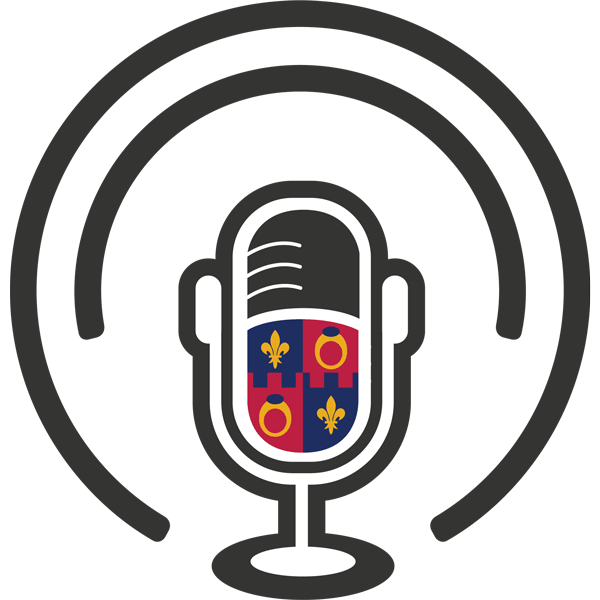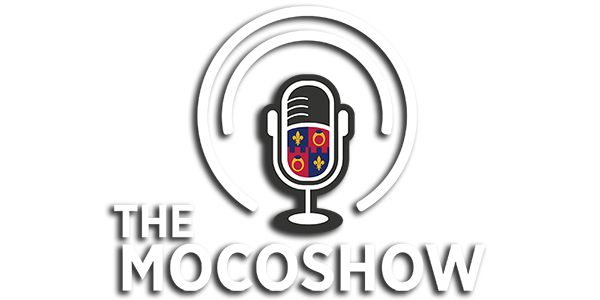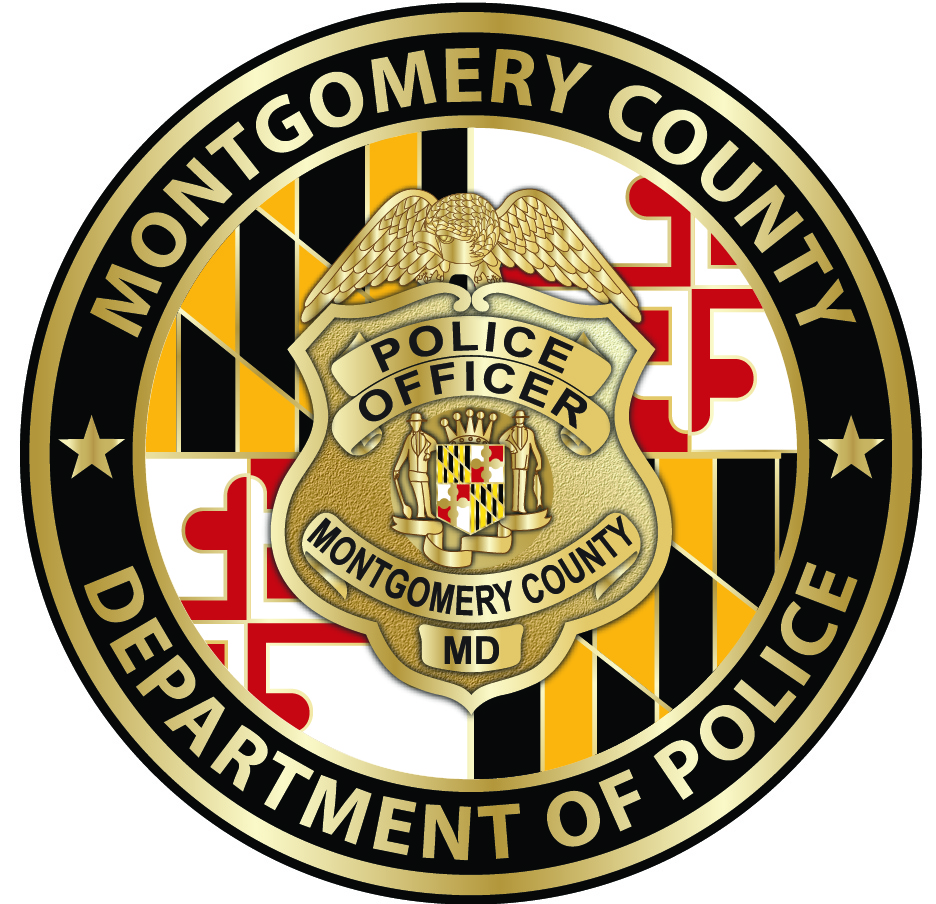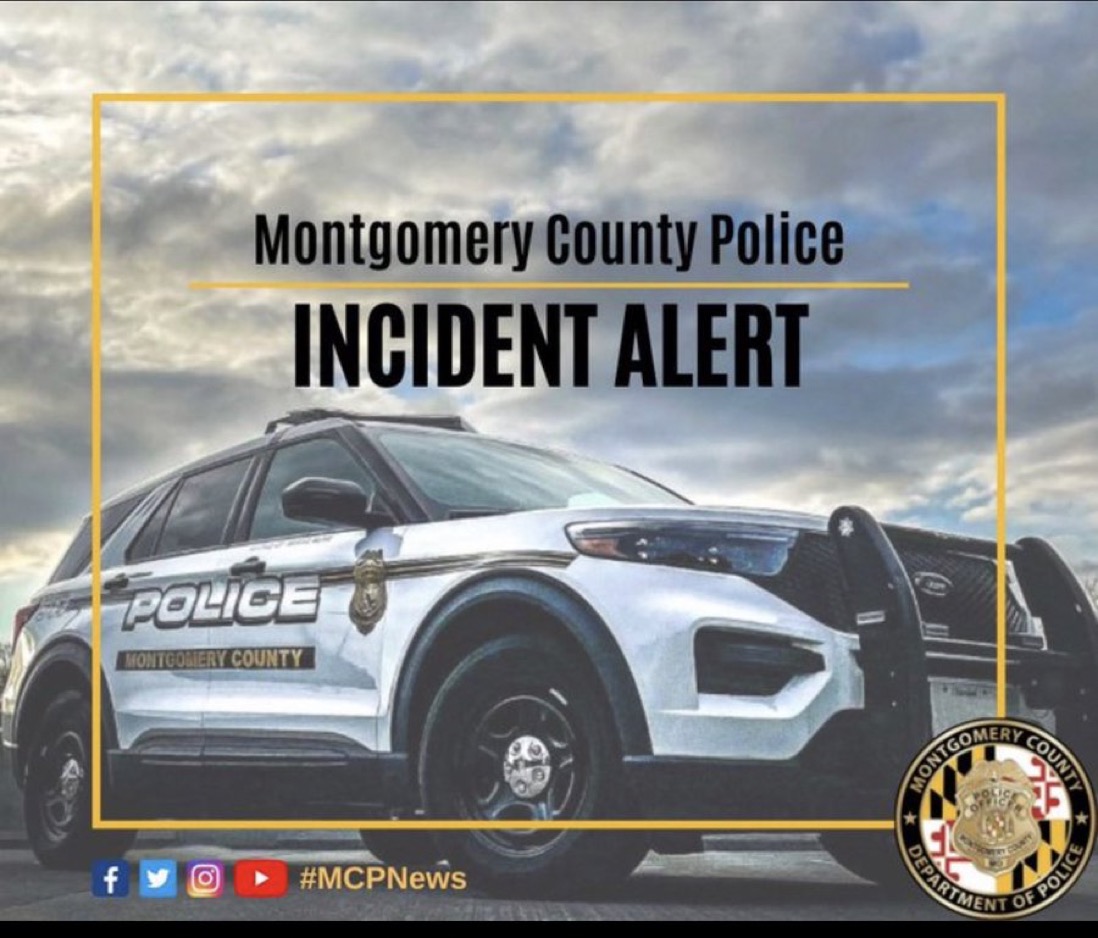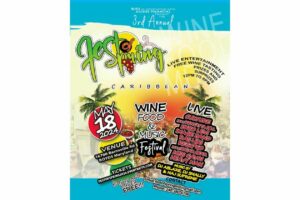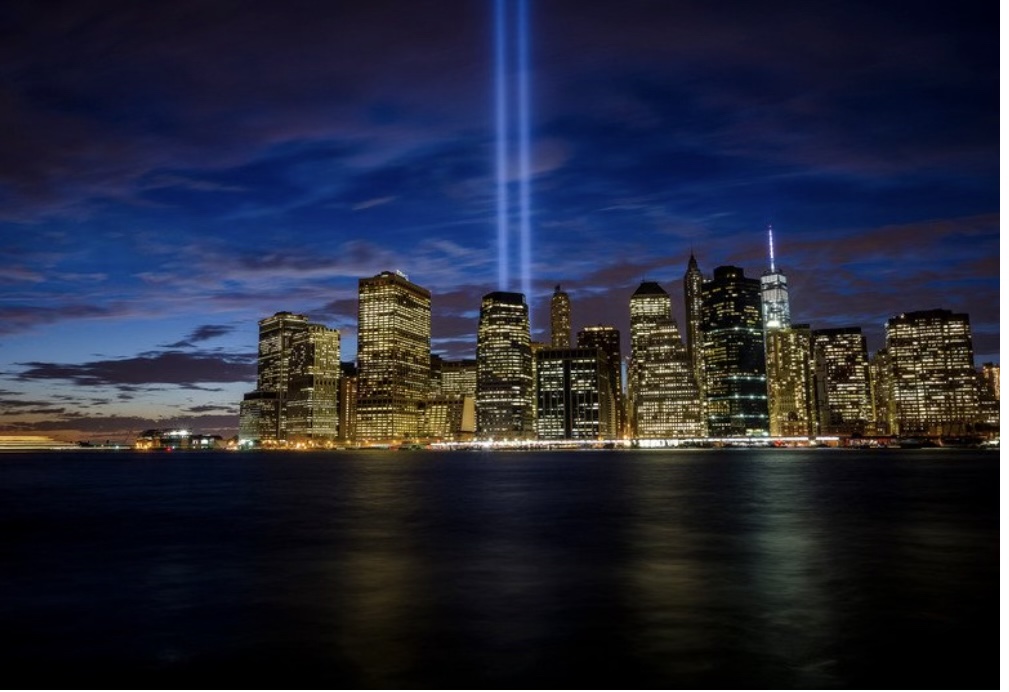
Montgomery County resident, Hamza Khan, reflects on how 9/11 changed the world for Muslim Americans in his eyes.
Angry. Scared. Betrayed. Confused. Patriotic. Scapegoated.
Those are easily the words that come to mind for me when I think about when I remember my reaction to learning about the attacks on America that are now seared into our collective memory. As the march of time since September 11th, 2001 has slowly keeled onwards, some of those emotions have waned, but the effect they had on my life and the lives of everyone I cared about remain. I wish to share my experience with others in the hope that together, we might be able to heal the hearts and minds of our collective spirit as a people. After all, e pluribus unum: out of many, we Americans are one.
To start with, I want to acknowledge a fellow alumnus from my high school who was killed in the 9/11 Attacks. Todd Rueben, Churchill Class of ‘79 was 40 years old when terrorists from the terror organization Al Qaeda seized American Airlines flight 77. He died presumably upon impact of the jetliner into the Pentagon. He was a family man, and left behind children, a wife and mourning relatives across my home state and county. He also lived in my hometown of Potomac at the time of his murder.
The Sins of a Child…
I was a mere freshman in high school, all of 13 years old when 9/11 happened. I had just spent the entire summer with my beloved grandfather, an attorney and democratic activist from Pakistan. Every morning, I summarized the entire A sections of the New York Times & Washington Post for him. Every afternoon, we visited local libraries, book stories and museums. Every evening, he lectured me on Immanuel Kant, his favorite philosopher, and taught me political history of South Asia. A fierce Pakistani nationalist, he was nearly killed while protesting in a unified India for his country’s creation. During Partition, a Sikh Raja from India’s Patiala state would help him escape lynchings of Muslims. Only 10 days after he left, September 11th would occur.
Yet, my youth spared me none of the malice and hatred that came with mass murder. And that hatred came from all directions. Some people we knew in Pakistan cheered and praised Al Qaeda’s attack on the infidels, and sent caustic emails taunting me as the “American” in the family, taking pleasure in the murder of my people. The next day of school (a week or so later), our bus driver turned up the radio as morning talk show hosts talked about killing all Muslims in America or sending us to super-max prisons. The driver knew I was the only Muslim on that bus route. While volunteering for the local Democratic Party, an actual elected party official proceeded to tell me off about my faith being one of hate. At school, a very disturbed young man taunted and cursed at Muslim students, threatening them with violence. When I went to ask our guidance counselor to intervene, she placed the burden to avoid conflict on Muslim students for the events, taking no positive steps to bring him and the students he verbally assaulted together. Over the next two decades, Muslim Americans would become all to familiar with this approach to conflict management by those in positions of authority. Avoid conflict, accept collective blame, recognize that somehow, we were always to blame for how others felt about our very presence in any room.
While the two school system employees noted above displayed remarkably poor and petty judgement, many actual teachers chose a different path. Lailtha John, my first semester history teacher, her friend Paul Dermont, the school’s resident Francophile and Arthur Bescher were among a number of teachers who went out of there way to protect Muslim students and give them safe spaces. Some of the students were visibly of the Islamic faith, especially young women in headscarves. Those with families in Afghanistan, ties to Saudi Arabia and the Gulf, or were visibly of Middle Eastern descent were accosted and harassed, sometimes sexually, often on a daily basis.
I often felt ashamed in years to come that no, I did not intervene and defend any of those accosted students. Like them, I was a child, and like them, I was scared. Much more scared than I would care to admit or realize until now, twenty years later. Those feelings of fear and anguish never really subsided. When each society you belong to—and as a Muslim of immigrant background born into the greatest country in the world, I belonged to more than one society just by existing—tells you that you are bad, you can’t help but feel a massive sense of grief and guilt. I played no role in September 11th, and the terrorists who carried out the attack were just as likely to kill me as anyone else. But I was American. I was Muslim. I wasn’t white. I was brown. And so, like so many innocent Americans caught up in tragedy, I found my life forever changed.
The Victims Came From All Creeds. So Did the Heroes.
A friend of mine mentioned the other day how a man she met named Mohammad talked about how his mother was killed in the first tower to be struck by Al Qaeda terrorists. His father never recovered from the sudden loss of the love of his life. Over 60 Muslim Americans died when Arab terrorists from Al Qaeda struck the Twin Towers and Pentagon. The FBI agent who eventually helped cracked the case in record time was an Arab American & a Muslim. A number of the first responders who climbed dozens of flights of stairs with 60 pounds of gear on, only to never to be seen again when the towers came down were Muslims. Muslims did not carry out 9/11, Arab extremists did. But Muslims would die for decent, hard working Americans that day. Those martyrs for human dignity are often forgotten, even in Muslim circles, because of the desire by many of us to black out what happened that fateful day.
The Longest Nightmare Ever
As a ninth grader in the aftermath of 9/11, my grades suffered, my self-confidence took a dive, and as many of my fellow classmates recall, I seemed to just keep to myself (with the exception of social studies classes, where my grandfather’s crash course in world history the summer before 9/11 really paid off). An entire generation of Muslim Americans would suffer the massive repercussions of society ostracizing us. According to a national survey, Muslims are the most likely community to be underemployed, face discrimination in the workplace, and live in poverty–respectively. Montgomery County’s political establishment has worked tirelessly for 20 years to exclude Muslims from political office in the county with four of the top ten most diverse places to live in America. The last Muslim elected to office here was in 2006. In 2010, after their opponent darkened their skin tone in mailers, and spent a whole lot of time on the campaign trail mentioning that a “Muslim man” was trying to take their place, the only Muslim ever elected in our county lost by around 230 votes. After Al Qaeda attacked the only country we call home, one Muslim once desribed our collective experience “the longest nightmare”. I happen to agree.
Twenty Years On
Twenty years on, Muslims Americans have done all in their power to prove our commitment to our country. A number of my Muslim friends have served in uniform as Soldiers, Marines, Sailors, Airmen & Coast Guard. Many of us, myself included, have run for office, despite coordinated and nefarious efforts to derail us by Islamophobic political insiders. Newsrooms across the country feature men and women with last names like Shahzad, Chowdury, Nawaz and more. At 32, I had my one and only Pakistani professor, who taught me modern Islamic history. Several Muslims are elected to Congress, and the U.S. Undersecretary of State for Human Rights & Democracy is a Muslim. The chair of the Federal Trade Commission is a Muslim.
But, despite the impressive accomplishments, many of us are still jaded and shattered by how we were treated both here at home and abroad for our nationality and faith. Countries like Pakistan and Iran have dangerously toxic relationships with the United States today, and as the US evacuated Kabul last month, many Pakistani Americans receiving taunting and cruel messages from people in Pakistan, taunting America and predicting our country’s downfall. Several years ago when I had the privilege of training two dozen Iranian American activists to run for office, one of them noted that if elected in the US, they stood to lose their ability to travel to Iran. Many Arab Americans, especially those of Palestinian heritage, have been ostracized and excluded from society for something they cannot control: their race. When Somali-American war refugee Congresswoman Ilhan Omar attended school in Montgomery County, she and her siblings were bullied incessantly for their faith and her headscarf. Afghan Americans have suffered by far the worst, and one classmate of mine from high school shared publicly recently that several white men publicly joked about raping her in a bar if they were in her parents’ country. Americans with ties to Arab societies that find themselves at war with America, namely Iraqis and Syrians, face death threats and violence if they travel there, as well as questions they can’t always about why their societies are at war while here at home (not to mention hate crimes). In 2016, the Washington Post reported on not one, but two studies that showed that over 1 in 5 Muslims students in Montgomery County were bullied for their faith, and 1 in 10 had been bullied by a school professional. That last statistic echoes back to the bus driver and guidance counselor I had to contend with, twenty years ago. All in all, it hasn’t been an easy two decades, and I do not know what sort of resilience our shared experiences have created for us.
Out of the Ashes.
According to Pew Research, Muslims are the most fervently patriotic group of Americans in the country. 90%–higher than any other demographic in America–of Muslims are proud to be Americans. But, after twenty years of warfare and the rise of hateful policies like the Muslim Ban, many of us are exhausted and overwhelmed. The lack of generational wealth and community planning means we have a dearth of culturally competent mental health professionals and social workers to help Muslim Americans cope with constant macro-aggressions (let alone micro-aggressions) that many of us face on a near-daily basis. Data shows that, despite these obstacles, Muslim Americans are the youngest, most spiritually devout, and most diverse religious community in the country. We are also the second fastest growing faith in the country behind Mormon Christianity. In fact, one might argue that the challenges Muslims have faced in a post-911 America have galvanized us to evolve and adapt as a community of believers to the social and political challenges we face.
Our region’s most active houses of worship engaged in charity are local mosques, the Islamic Center of Maryland which feeds over 500 families every month through a food drive effort with over 150 volunteers, and the All Dulles Area Muslim Center (ADAMS Center) in Northern Virginia. Whereas twenty years ago, only two mosques operated in the county, there are now over 77 free-standing mosques in the state, with two dozen prayer congregations operating in Montgomery County. In 2018, I was in charge of the effort that trained and organized the largest number of Muslims to ever run for office in Maryland history—over 30. Some of the country’s top political talent, including Bernie Sanders’ presidential campaign manager, are Muslim Americans. The tragic events of 9/11 also inspired me to work in politics and policymaking in order to make a difference in our world.
The events and aftermath of September 11, 2001 left me and a generation of Muslims, scarred and heartbroken. Despite being unflinchingly loyal to our beloved country, Scapegoated and blamed for events we as children at the time had no part in, we were disowned both abroad and in our own country by hateful voices of intolerance, who, more often than not, had official sanction. Leaders like George W. Bush and Chris Van Hollen did what they could to stand in solidarity with Muslim Americans. Peter Jennings and Brian Williams used their bully pulpits on national news channels to push a message of inclusion and tolerance. We have come a long way since 9/11, but for many of us, it will always be the day that changed our world for the worse. For some others, it was the wake up call that good only often wins because one or two brave people took the chance to stand up for the right thing. Those everyday heroes are what make our country so great. Thank you.
We have an opportunity to learn from our past mistakes as a people. Few societies are as capable as ours at self-criticism, reflection, and reform. Institutional Islamophobia of the kind I and others were subjected to by establishment forces in our country can be brought to an end, through the power of democracy. We were all there for it. We all witnessed it. The most conservative warhawks in our public sphere would not deny what Muslim Americans went through in the post 9/11 era. We can do better. Prejudice and bigotry can be banished through a shared commitment to preach loudly our values as a people to be pluralistic and accepting. Muslim Americans have an obligation as well: to never engage in the othering of any American for their race, religion or creed. That means actively supporting causes for racial equity, welcoming refugees and immigrants, and combating antisemitism, anti-Christian hate & all other forms of bigotry in our society. America’s very soul demands we never be silent when bigotry rears its ugly head again.
Hamza Khan is a long-time community activist & political commentator on national radio & television. He is the co-founder of the Muslim Democratic Club of Montgomery County, The Pomegranate Initiative & has worked for numerous federal and local elected officials in his career. He is currently writing his first book.
Recent Stories
The NOW Massage, a growing franchise that describes itself as “disrupting the wellness space with high quality, affordable massage services in an inspired setting” is now open in Bethesda. The…
FEST OF SPRING Caribbean Wine Food & Music Festival
Get ready to experience the vibrant colors, tantalizing flavors, and infectious rhythms of the Caribbean at the FEST OF SPRING Caribbean Wine Food & Music Festival! Hosted by RHU LLC, this exciting festival is set to take place on May 18, 2024, at the picturesque 16700 Barnesville Rd in Boyds, MD.
Step into a world where the Caribbean spirit comes alive! From 12:00 PM onwards, immerse yourself in a sensory journey that celebrates the unique culture, cuisine, and music of the Caribbean. Whether you're an African American, a Reggae or Soca music enthusiast, a wine lover, or part of the vibrant Caribbean diaspora, this festival promises to delight and captivate you in every way.
Let the enticing aromas of mouthwatering Caribbean dishes tantalize your taste buds. Feast on traditional delicacies prepared by expert chefs, showcasing the rich and diverse culinary heritage of the Caribbean. Indulge in flavorful jerk chicken, succulent seafood, and delectable plantain dishes that will transport you straight to the islands.
Accompanying the culinary extravaganza is a carefully curated selection of premium wines, ensuring the perfect pairing for your palate. Sip on fine wines from renowned vineyards, each sip a reflection of the Caribbean's vibrant spirit. Discover new flavors, expand your wine knowledge, and savor unforgettable moments with every glass.
As the sun sets, get ready to groove to the infectious rhythms of Caribbean music. Feel the pulsating beats of reggae, soca, dancehall, and calypso, moving your body to the lively melodies. Live performances by talented musicians and performers will keep the energy high, ensuring a night of unforgettable entertainment.
Don't miss this opportunity to embrace the Caribbean spirit and celebrate the arrival of spring in style! Tickets are available on AllEvents, so secure your spot today. Join us at the FEST OF SPRING Caribbean Wine Food & Music Festival, where cultures collide and unforgettable memories are made.
LIVE PERFORMANCES By: CULTURE Feat. Kenyatta Hill, EXCO LEVI, IMAGE BAND, RAS LIDJ REGG'GO with Special Guest SUGAR BEAR FROM E.U. & MORE! & MORE!
MUSIC By: DJ ABLAZE, DJ SMALLY & NAJ SUPREME
2 NIGHT Camping packages available: RV/CAMPER $200 | TENTS $150 Starting on Friday May 17 @ 5pm | 30 RV SPACES | 30+ TENT SPACES
KIDS 12 & UNDER FREE!!!
